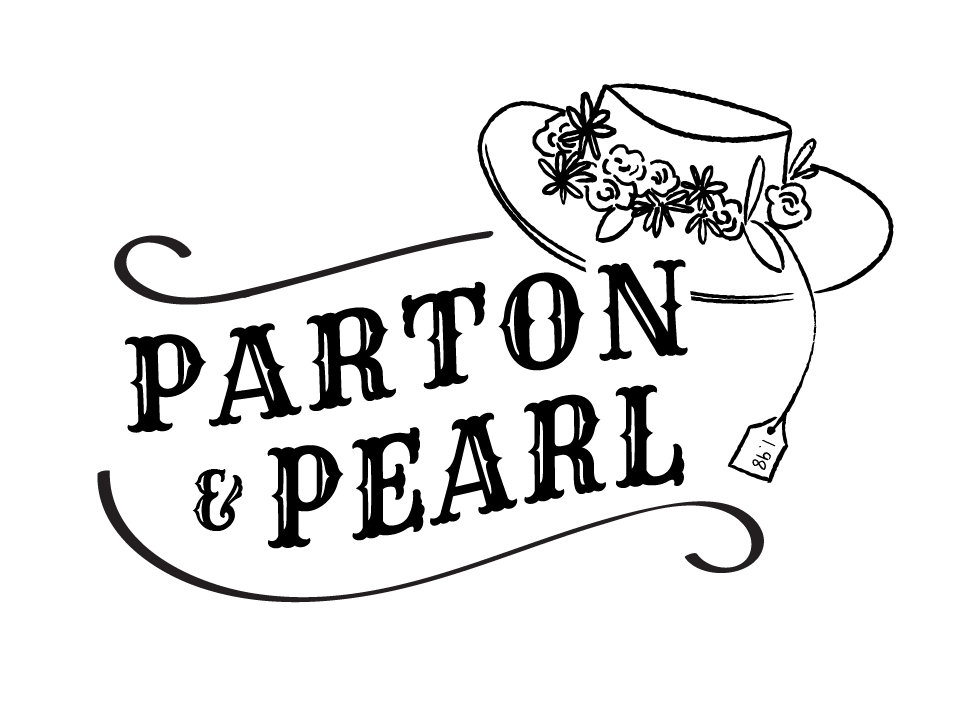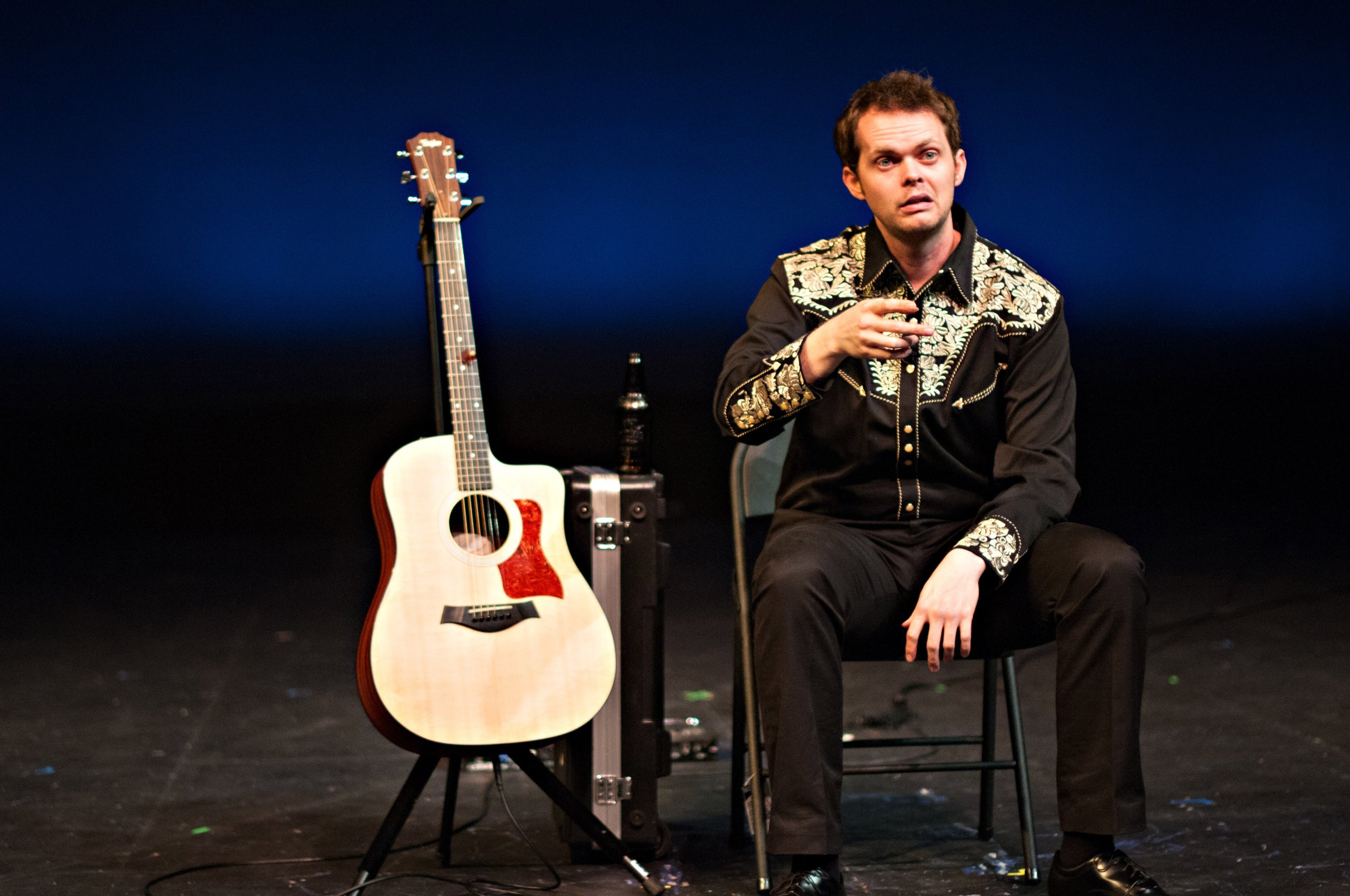Review: Taylor Swift, folklore
folklore album cover. Photography by Beth Garrabrant.
folklore is an album which retreats from the urbane cosmopolitanism of Taylor Swift’s last few albums. It is an anxious album, where autobiographical history bends and twists, narratives split, return, often extending over the whole album. It is a thematic work, an album of story songs, where the stories appear unresolved.
On seven, about a friend’s abusive childhood, she mentions that a folk song is like a closet to hide in, but also a memory to be passed on - some of these memories passed on are imprinted with masculine violence. Passing this work along, suggests an exteriority, but this is an interior album, one which cares more about Swift than the outside world.
Her Netflix documentary Miss Americana, was grounded in an explicit, exterior political quality. folklore is not quite apolitical, but falls short of the film’s promises. It is an album that sounds tasteful and expensive, quietly luxe like an Eileen Fisher dress, the aesthetic of magazines like KinFolk, or like the video art made by Ragnar Kjartansson for The National. Take the line “the wedding was charming / if a little gauche / there’s only so far new money goes” in the last great american dynasty. A masterpiece of class and capital, whose likes have been unseen since Cheever.
The money can be seen in how efficiently Swift hires producers. As much of an auteur as Swift is, she can mold her voice to a producer. Jack Antoff for some of 1989; Max Martin for some of Red, and on folklore Aaron Dessner from The National, who has produced work by female talent for a decade - Sharon Van Etten, Lulac, Lone Bellows, This Is the Kit, Lisa Hannigan, and Hannah Georgas. Those voices fit into the aesthetic of people like Phoebe Bridgers. Lucy Dacus or Sarah Jarosz. Dessner and Swift borrow from these artists, and though the album has a throughline of Swiftian obsession, folklore also is infused with an anxiety of influence. If interiority can be contagious, Dessner and Swift have caught it, especially in this moment of quarantine.
This is a smart record, well considered, often transcendently beautiful, with surprising formal choices, but one that is haunted by being left behind, trapped in the past. Some of those moments: Bon Iver’s unmodified, a cappella baritone on exile; some of the harmonica work, and the queer subtext that haunts tracks like betty.
Folk is a vexed category, I wonder what it means to have an album sound so rich, white, and frankly, out of touch.
Official lyric video by Taylor Swift performing "betty" - off her album 'folklore.'











